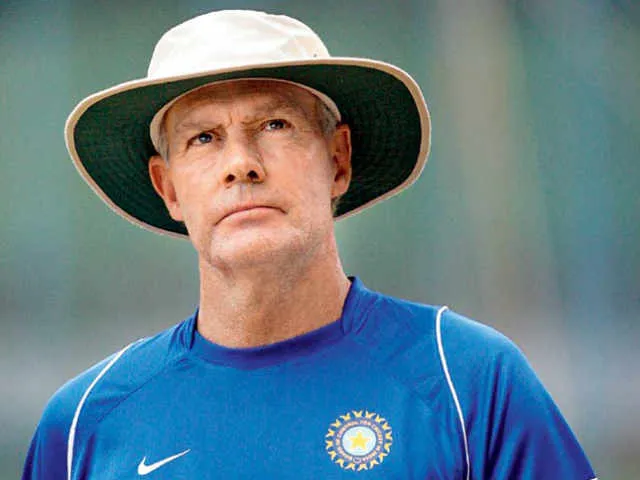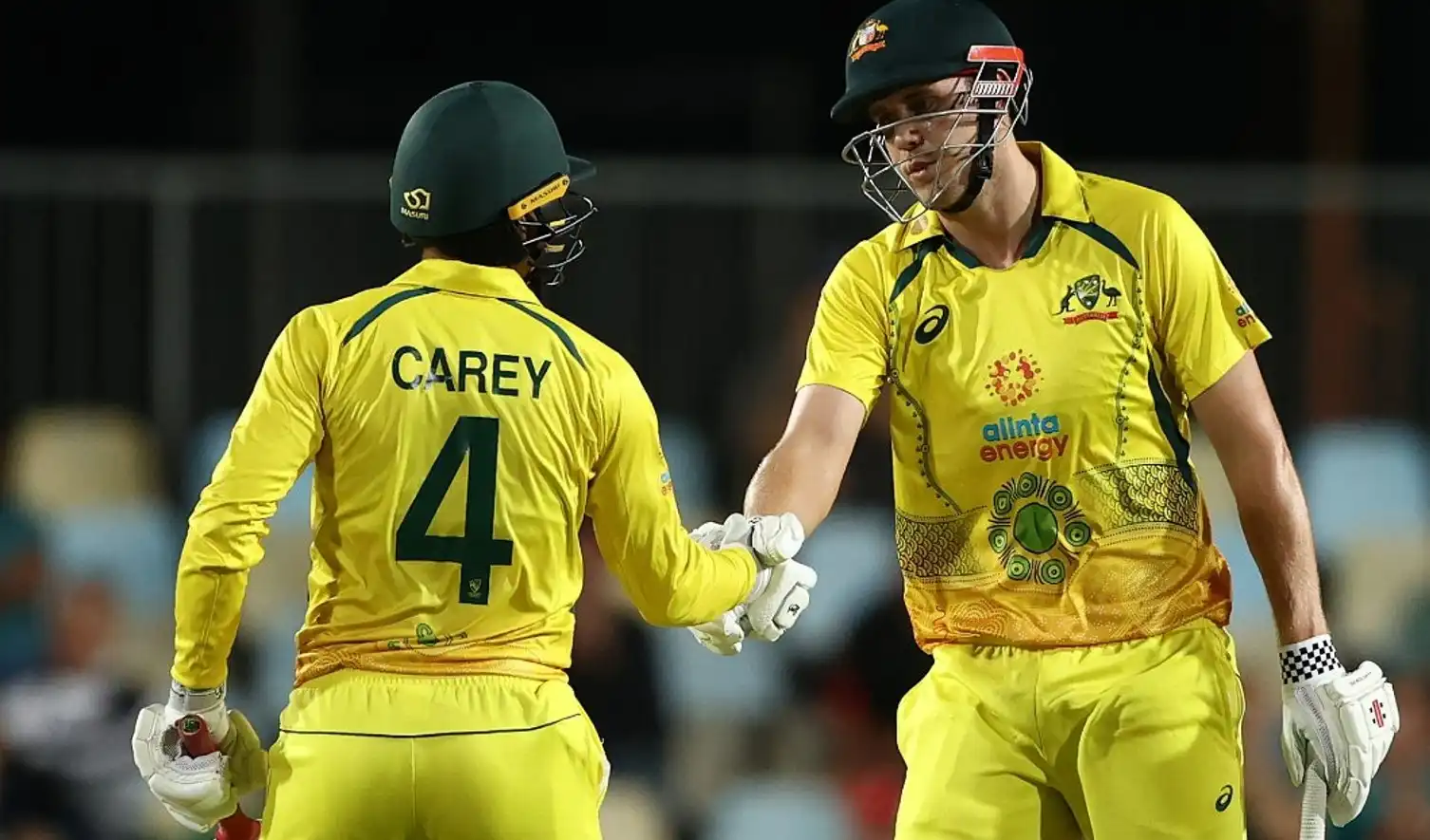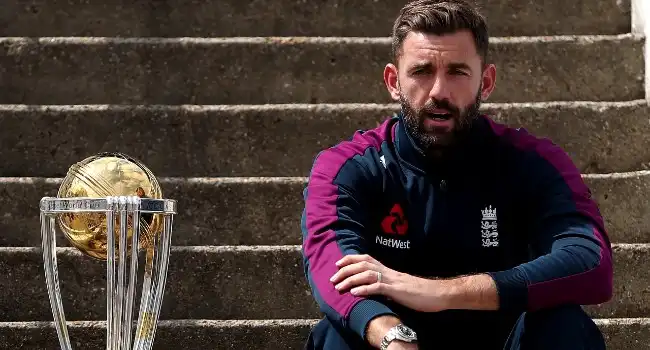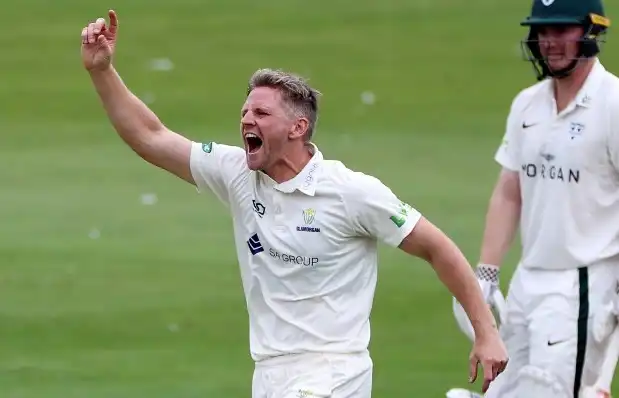 Greg Chappell [PC: Twitter]
Greg Chappell [PC: Twitter]
India's shocking group-stage exit from the 2007 ODI World Cup is probably one of the most forgettable events in the nation's rich cricketing history.
Despite having a star-studded lineup, the Men in Blue suffered a harsh defeat in the hands of a rookie Bangladesh team, that played a significant role in their painful ouster from the event.
Many Indian fans still hold the then India coach Greg Chappell responsible for such a horrendous performance of the national team. Chappell had a proper rollercoaster ride as India's coach, with his rough relationship with the Indian stalwarts headlining the newspapers every second day.
All in all, Indian fans mostly remember Greg Chappell as an antagonistic figure. But was the Australian legend really horrible in every coaching aspect? I don't think so.
Dropping Ganguly and Zaheer was justified
We Indian fans often have our emotions associated with our favourite players. Cricket is celebrated like a religion in this country, and the cricketers enjoy the stature of Demi-Gods. Unfortunately, sometimes we engage in this idol worshipping in such a way that we turn a blind eye toward the facts.
From November 2003 to September 2005, Sourav Ganguly averaged a mere 28.5 with the bat in the ODIs. He was such terribly out of touch that he registered fifteen single-digit scores in 50-over cricket in this period.
Similarly, Zaheer Khan was struggling with not only form but also fitness. Statistically, the legendary pacer averaged an ordinary 46.38 with the ball from July 2004 to February 2006 for India.
Tell me, honestly, would you have wanted players with such a prolonged rough patch in your team were you the head coach? The answer is an obvious no.
And more importantly, that break off the field worked wonders for both these players, as they returned fitter and better on the South Africa tour in November 2006.
In Chappell's own words,
"Whether they had improved in order to spite me or prove me right, I didn't care. It cheered me greatly to see them in much better shape than they had been when I started in the job."
Chappell moulded India into a good chasing team
If you roll the clock back, you can get an idea of the number of games India lost while chasing in the pre-Chappell era.
Statistically, the Men in Blue won 16 and lost 19 ODIs while chasing between September 2002 and September 2006. India mostly preferred to bat first in that period.
Chappell was proactive in addressing this issue and prepared a team that could hunt down the targets with ease. The results started reflecting soon, as India went on to win 18 matches, losing only ten till their World Cup exit.
Chappell wanted the Indian players to move out of their comfort zone and fight it head-on against their biggest fear, to chase totals.
Chappell's risk-taking ability and trust on young players
Contrary to his predecessors, Chappell believed in having five genuine bowling options in ODIs, which could fetch the team ten wickets. He used Irfan Pathan as a proper allrounder, and his method of utilising Pathan's batting ability was unique.
And the claim that Pathan lost his swing as he focused on his batting is a myth, as the player himself has dismissed it. Today, when we see the importance of allrounders in ODIs, we realise how much the Australian was ahead of the curve.
Also, many Indian players like Suresh Raina, MS Dhoni, Robin Uthappa, Sreesanth, Munaf Patel etc., have showered praise on Chappell from time to time for backing them in the Indian team.
Yes, Chappell had his issues in man management, which he has admitted in his biography. But digging deeper, we can find that all he wanted was a set of young, athletic and performing players only for the sake of India's betterment. Moreover, there were ego clashes inside the dressing room, which portrayed him as a villainous figure, which he clearly wasn't.
Also Read: Venues for Syed Mushtaq Ali Trophy and Vijay Hazare Trophy knockouts revealed by BCCI


.jpeg?type=mq)

